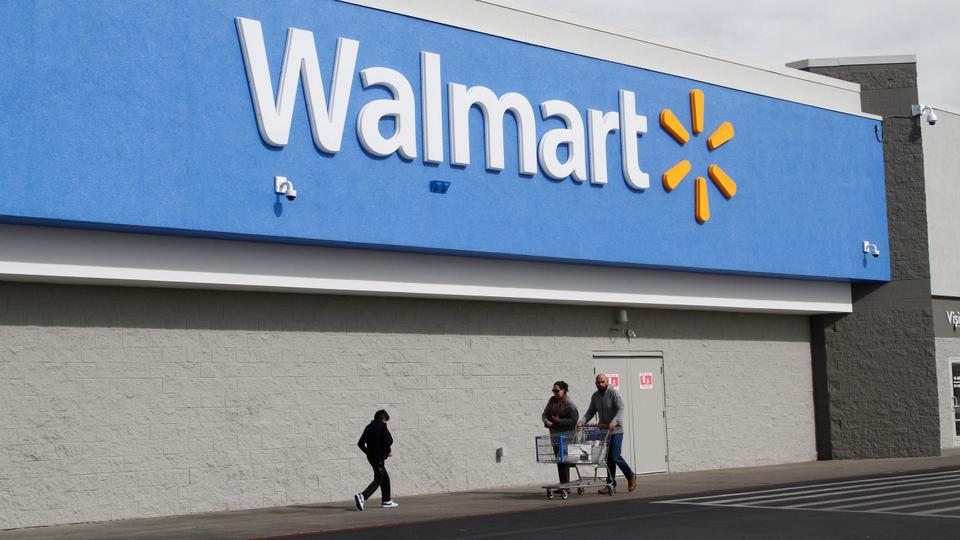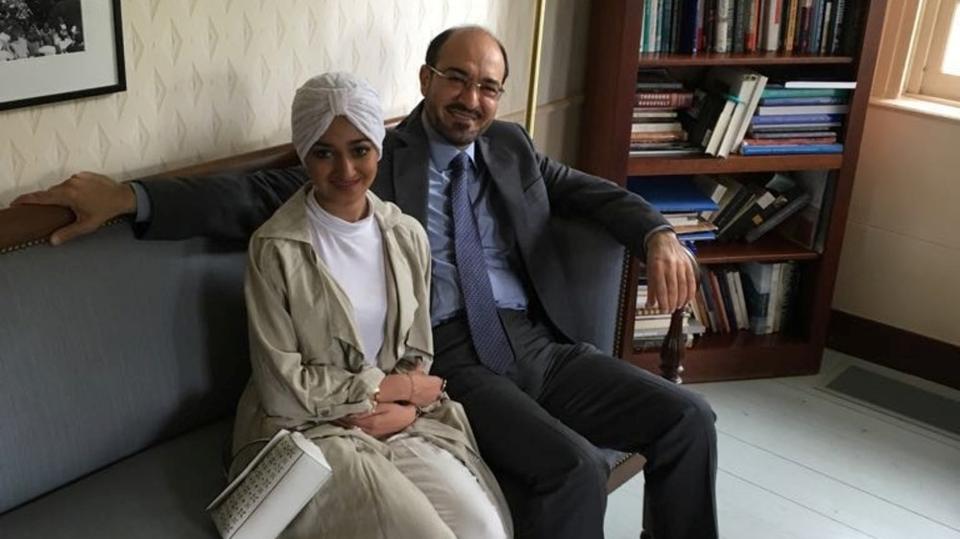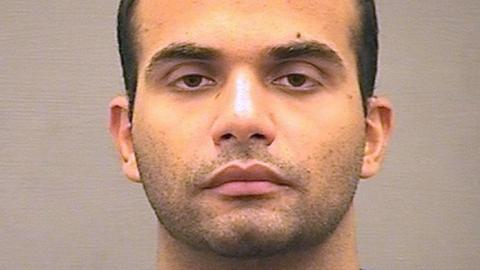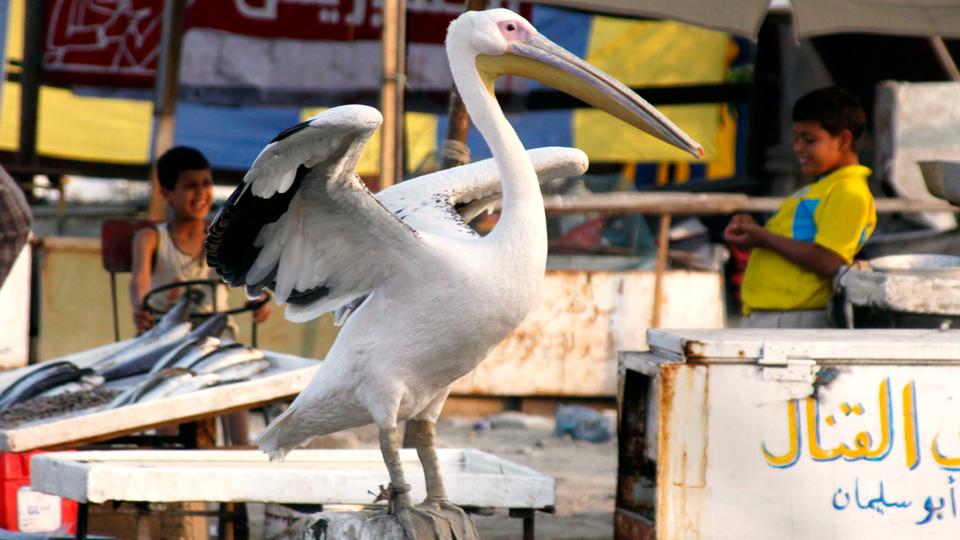
The US Justice Department has sued Walmart over its role in the opioid crisis, alleging the giant retailer wrongly filled prescriptions and worsened a public health disaster.
In a civil lawsuit filed in US District Court in Delaware on Tuesday, the department accused Walmart of failing to take its gatekeeping duties as a pharmacy seriously.
Walmart, the world's biggest retailer, created a system that turned its 5,000 in-store pharmacies into a supplier of highly addictive painkillers, dating as early as June 2013, the lawsuit said.
Walmart, whose shares were trading down 1.5 percent following the news, rejected the allegations, saying the "Justice Department’s investigation is tainted by historical ethics violations, and this lawsuit invents a legal theory that unlawfully forces pharmacists to come between patients and their doctors, and is riddled with factual inaccuracies."
Heavy penalties
The suit accuses Walmart of irresponsible handling of orders, filling thousands of "invalid" prescriptions.
Authorities could seek up to billions of dollars in penalties, in the litigation that followed a multi-year investigation, the Justice Department said in a press release.
"As one of the largest pharmacy chains and wholesale drug distributors in the country, Walmart had the responsibility and the means to help prevent the diversion of prescription opioids," said Jeffrey Bossert Clark, acting head of DOJ's civil division.
"Instead, for years, it did the opposite – filling thousands of invalid prescriptions at its pharmacies and failing to report suspicious orders of opioids and other drugs placed by those pharmacies."
Asked if the government was planning on bringing criminal charges, Clark said "you should not draw any inferences about any criminal matters" from the civil filing.
The opioid epidemic has claimed the lives of roughly 450,000 people across the United States since 1999 due to overdoses from prescription painkillers and illegal drugs.
If found liable, it could face civil penalties of up to $67,627 for each unlawful prescription filled and $15,691 for each suspicious order not reported.
Walmart's lawsuit
Walmart has filed its own lawsuit against the Justice Department in October that argued that the US crackdown put it in a no-win position.
Pharmacists "must make a difficult decision" of either accepting a doctor's "medical judgment and fill the opioid prescription or second-guess the doctor's judgment and refuse to fill it," Walmart said in its suit.
"Either decision puts the pharmacist and pharmacy at great risk," the company argued.
It said it faces potential federal action if prosecutors say an order was wrongly filled, or the chance of having a pharmacist license "stripped for the unauthorised practice of medicine, not to mention the potential harm to patients in need of their medicine."









